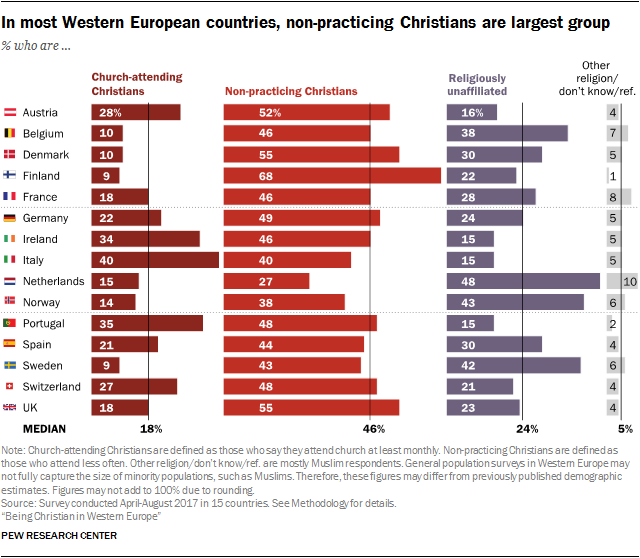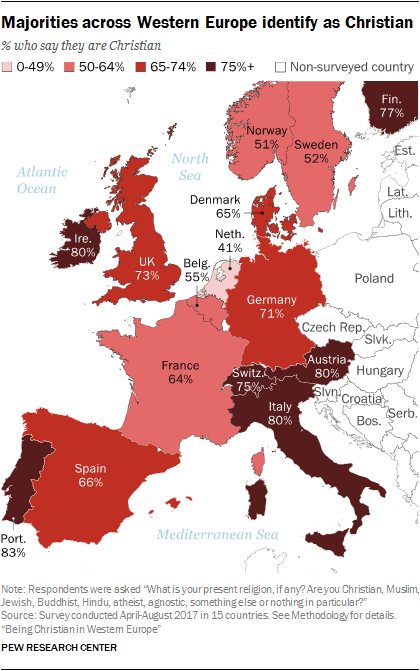Is it really worrying when a child can react in a conversation with verses from Scripture. In the
United Kingdom some see in it a form of indoctrination of that child. that is what we might conclude when we hear lawyers and
child psychologists talking against the right of an 8 year old boy choosing for the words and care of his mother.
In May a devout mother made a legally binding promise, backed up with the
threat of criminal sanctions, never to talk to her son about her
religion, take him to church or even say
grace at meals in a doomed
attempt to stop him being taken into care, amid claims that she was
“indoctrinating” him, a judge has disclosed.
How is it possible that judges can prohibit parents to pray or talk about their belief in front of their children or even not allow them to take them to church?
The court-case in England may create a precedent and make it very difficult for parents to give their children a religious background. Quite easy it is to say they are indoctrinating their children. I naturally do not know, but can not imagine the JW mother
through the use of
torture, drugs, or
psychological-stress techniques to implement her beliefs as to take it or the child having her to leave. Naturally I also find it wrong she would not want to have her child to go to her father. She should know it is also the rightful parent of the child, having the same rights as her to educate his child and to tell about his believes, like she does.
Having teachers saying the boy also rejected other children and that he had only a small
friendship circle, describing him as “one of the most worrying
children in our school”, does not have to indicate the mother is in such a way dominant to her child she manages it not to make friends with children of an other belief.
Details of the case were disclosed in a written judgement handed down
by Judge Clifford Bellamy, after a hearing at the
Family Court, sitting
in
Leicester, in which he set out his reasons for making an interim
care order. {
Indoctrinated son 'troubled’ by mother’s religion is put into care}
He found that the boy had suffered emotional harm as
a result both of the conflict between the parents and, specifically,
“immersion by his mother in her religious beliefs and practices”.
He concluded that she was doing this “with the intention of alienating him from his father”.
But the judgement disclosed that a social worker at the centre of the
case rejected this assessment and believed that, while the boy was
damaged by the conflict between his warring parents, the mother’s
religion was not the cause. {
Indoctrinated son 'troubled’ by mother’s religion is put into care}
I also would not think there lies the problem with the mother talking about God, taking her child to the Kingdom hall of the JW and reading
Watch Tower publications. Far what I do know of those publications they should give enough balance to the kid to stand stronger in a society of different thoughts, though this seems more to do with an introvert child that has worries brought on it by the damaging divorce, and not with damaging faith.
It disclosed that at one point in
the proceedings the mother went to the Court of Appeal to challenge an
initial care order and made a number of strict undertakings in an
attempt to stop the process.
+
Find also:



















































